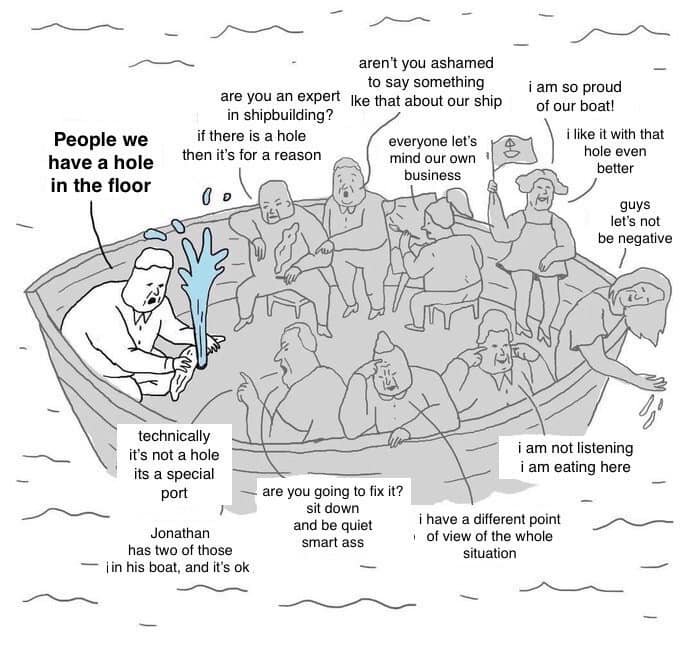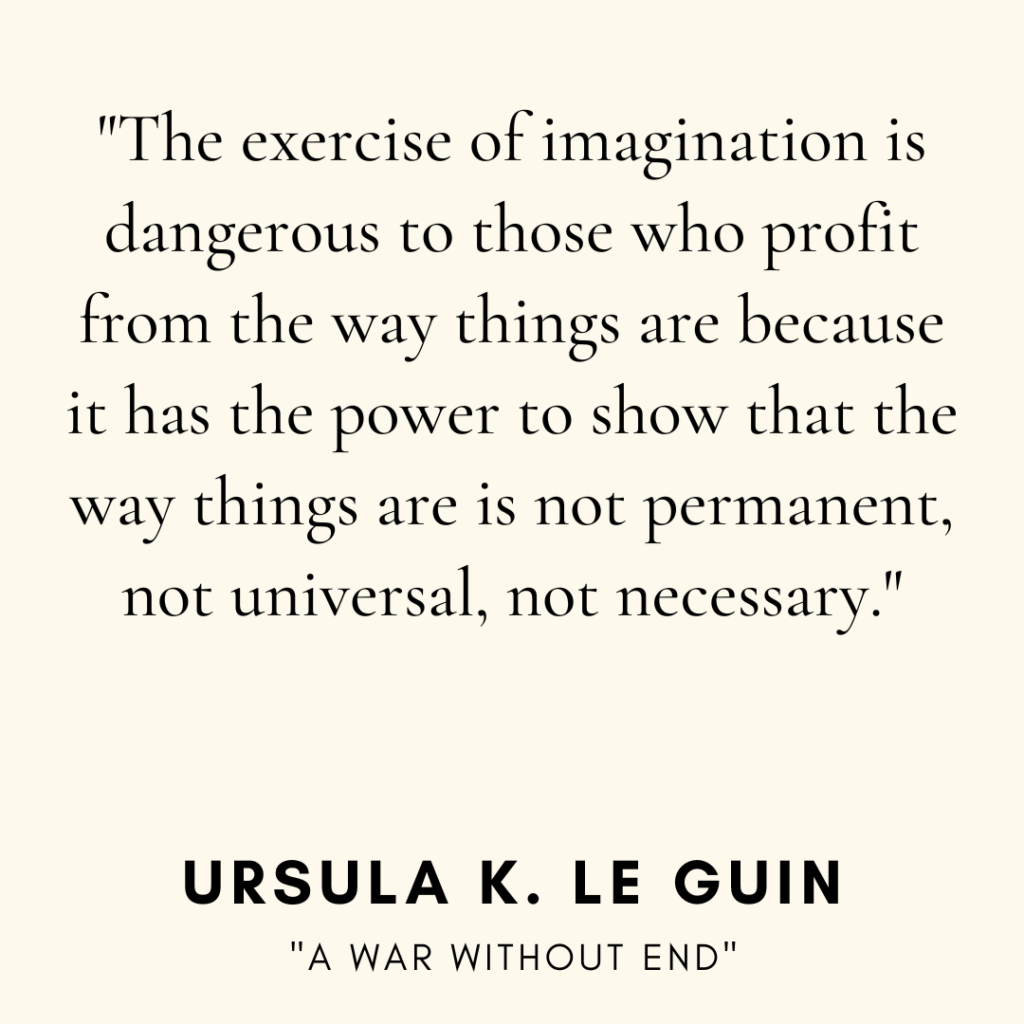Human Tech: The Open Media Network (#OMN) is a proposal for human-scale, federated media infrastructure built on standard #FOSS practices and the #4opens: open data, open source, open process, open standards.
It does not attempt to invent a new platform. It defines a minimal, interoperable framework for how content flows through networks, in ways that remain understandable, auditable, and governable by the communities that use them.
The core premise is simple, if people cannot mentally model how a system works, they cannot meaningfully govern it. When infrastructure becomes opaque, power centralises.
OMN reduces networked publishing to five irreducible functions. Everything else – feeds, timelines, notifications, dashboards – is interface.
The OMN Framework: The Five Functions (#5F)
Rather than starting from features or products, OMN starts from flows. Think of a network as pipes and holding tanks. Objects move through them, communities decide how. The entire stack reduces to #5F:
1. Link / Subscribe to a Flow
Connection is explicit and user-controlled. A node can link to or subscribe to any flow – local or remote. Flows can be personal, collective, moderated, experimental, or archival. This replaces platform enclosure (“you are inside us”) with composable federation (“this connects to that”).
No built-in opaque ranking algorithms, no engagement manipulation, just declared connections between flows.
2. Trust / Moderate a Flow
Moderation is treated as routing and filtering – not binary censorship. Flows can:
- Pass through untouched
- Be diverted into holding tanks
- Be filtered through community-defined sieves
- Be contextualised rather than removed
Trust is local and explicit, different communities can apply different filters to the same upstream source. This preserves plurality while avoiding centralised control.
3. Rollback
Rollback enables recovery without destructive central authority. Communities can:
- Rewind aggregation decisions
- Remove objects from local flow
- Correct moderation mistakes
- Recover from abuse or spam
Without rollback, errors escalate into governance crises. With rollback, accountability becomes procedural rather than punitive.
4. Edit Metadata
Objects are not rewritten, they are contextualised, metadata can be appended to content:
- Tags
- Trust signals
- Warnings
- Summaries
- Translations
- Relevance markers
Meaning emerges through socially applied metadata, not engagement-optimised algorithms. This is the backbone of decentralised news curation.
5. Publish Content
Publishing is simply adding an object into a flow. Publication does not imply amplification. Authority is emergent through trust relationships. At the base of all five functions is a simple storage layer, a database holding objects in motion. No proprietary feed logic, its people and community. No built-in opaque AI ranking layer or dependency on surveillance economics.
Why This Matters for Public Digital Infrastructure
Most contemporary social media systems are vertically integrated, identity, distribution, ranking, moderation, monetisation and storage are all coupled inside corporate governance structures. This produces structural centralisation, even when protocols are nominally federated.
#OMN is about functional decoupling by isolating the core five functions, infrastructure becomes auditable, replaceable, forkable, composable and grassroots governable. Complexity is where capture happens, minimalism is a #KISS governance strategy.
Nothing New – By Design
OMN intentionally builds on patterns that already work: Packet-switched networks, electrical grids, plumbing systems, version control systems and federated FOSS collaboration models. This is the #nothingnew principle: sustainable infrastructure mirrors systems humans already understand. When technology reflects intuitive physical systems, governance becomes possible at human scale.
Built on #4opens and Standard FOSS Process
The OMN stack adheres to:
- Open data
- Open source
- Open process
- Open standards
It is not a product, it is a reference architecture and implementation framework. Others are encouraged to build clients, moderation layers, UX experiments, archival tools, research layers, and community governance models in the flow. The value lies not in novelty, but in interoperability and trust-layer experimentation.
Design Principles Relevant to #NLnet Priorities
OMN aligns with public-interest infrastructure goals:
1. Decentralisation Without Fragmentation
Federated flows with local moderation and shared protocols.
2. Trust Mediation as a First-Class Function
Trust is explicit, inspectable, and socially determined, not hidden inside ranking systems.
3. Lossy by Design
Perfect synchronisation is not required. Redundancy increases resilience.
4. Forkability
Each node can evolve independently without breaking interoperability.
5. Infrastructure Over Platform
OMN is a toolkit for building ecosystems, not a single destination site.
From Indymedia to a Federated Commons
The first seed projects are makinghistory and rebooting early grassroots media networks like Indymedia demonstrated the power of open publishing anyone could contribute, communities moderated collectively and infrastructure was mission-aligned. But back in the day, those systems lacked tech scalable trust layering and sustainable federation paths.
OMN is an attempt to reboot that tradition using contemporary FOSS practice and federated architecture. Not as nostalgia, but as public digital infrastructure.
What Funding Enables
Support from funders such as NLnet would allow:
- Formal specification of the #5F architecture
- Reference FOSS implementation
- Interoperability tooling with existing federated systems
- Trust-metadata experimentation frameworks
- Governance model documentation
- Security auditing and resilience testing
- Documentation aimed at non-technical community operators
The aim is to lower the barrier to running community-governed media nodes while preserving composability with the broader federated web.

In Summary
The Open Media Network is federated, trust-based, open by design with minimal core architecture built for governance, not engagement capture. It is infrastructure for communities to create their own flows, their own networks, their own moderation models. It is not about optimising users, it is about enabling public agency. Not control, trust.
OMN is not a platform, it is plumbing for democratic digital commons #KISS












